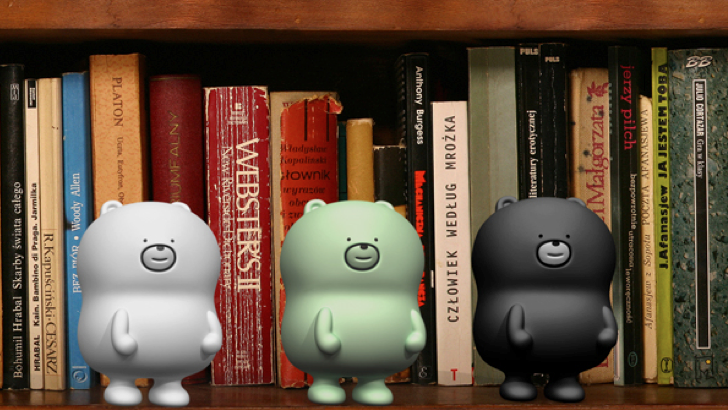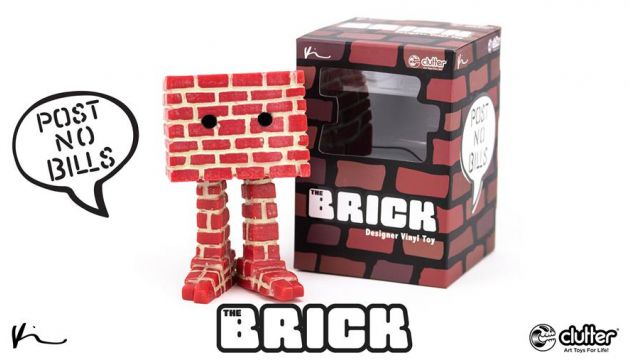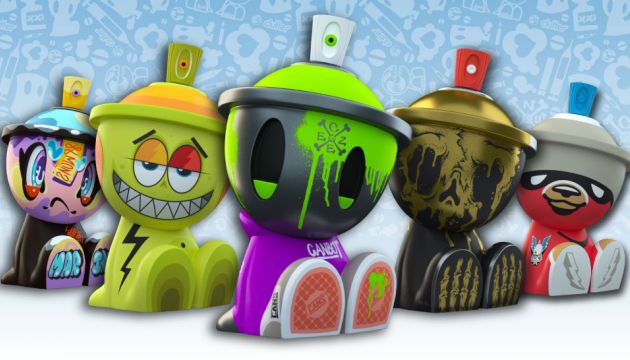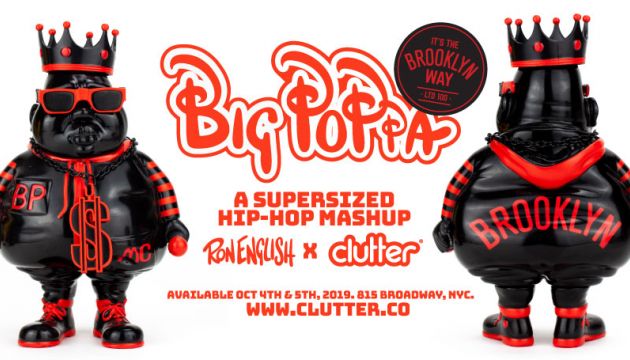
Launched on Kickstarter in early April, Bearycalm is a collaboration between two award-winning designers and illustrators -- Bubi Au Yeung from Hong Kong and Camilo Bejarano of West Palm Beach, Florida -- who wished to create a vinyl toy that offered calming effects upon sight.
"Bearycalm is a limited-edition hand-made vinyl toy that has special powers. Unlike other toys, Bearycalm has the power to bring harmony and balance to your life and home. No matter if youâre sad or angry Bearycalm is there for you," claims the Kickstarter page. "This asymmetrical work of art was born from the friction of lead, paper, and two creative minds that live 8,917 miles away from each other."

With just nine days left until the deadline, the Kickstarter project is within striking distance of the goal, with total of $11,178 raised as of this posting with a stated goal of $11,750. As is the Kickstarter custom, each pledge from users comes with a reward (or multiple ones) based on the amount pledged, with the white five-inch vinyl figure available at $45, a mint variant of the figure at $55, or both together for $110 with other goodies. A limited edition black variant was also available (in a set of the three colors for $500), but has since sold out.

Shown up top is a target rendering of the figure, while you can see prototype and wax mold versions above and below, respectively. And the various rewards also offer things like postcards, stickers, or tote bags in case potential backers only want to invest a little bit of money, or want a bit more besides one of the figures. If you're interested in bringing Bearycalm to fruition, head over to the Kickstarter campaign and back the project as it edges ever closer to funding.

Similar posts
-
Saturday, January 23, 2021 - 4:36pmClutter has teamed up with NY-based artist Kyle Kirwan to bring you a brand new designer toy platform, The Brick!
-
Wednesday, August 12, 2020 - 3:07pmWe are so excited to announce the first 3oz Canbot Blind Box Series! A limited-edition toy mini-series launching through Kickstarter on Thursday, August 13th.
-
Thursday, October 3, 2019 - 9:06amWe are super excited to have teamed up with Pop surrealist Art Legend, Ron English, to bring you an instantly classic art-toy.




 Clutter is a FREE monthly print publication covering all things Designer Toy and Sub-Culture art. Founded in 2004 in the good old United Kingdom, Clutter moved to NYC in 2009 where it continues to grow.
Clutter is a FREE monthly print publication covering all things Designer Toy and Sub-Culture art. Founded in 2004 in the good old United Kingdom, Clutter moved to NYC in 2009 where it continues to grow. 

